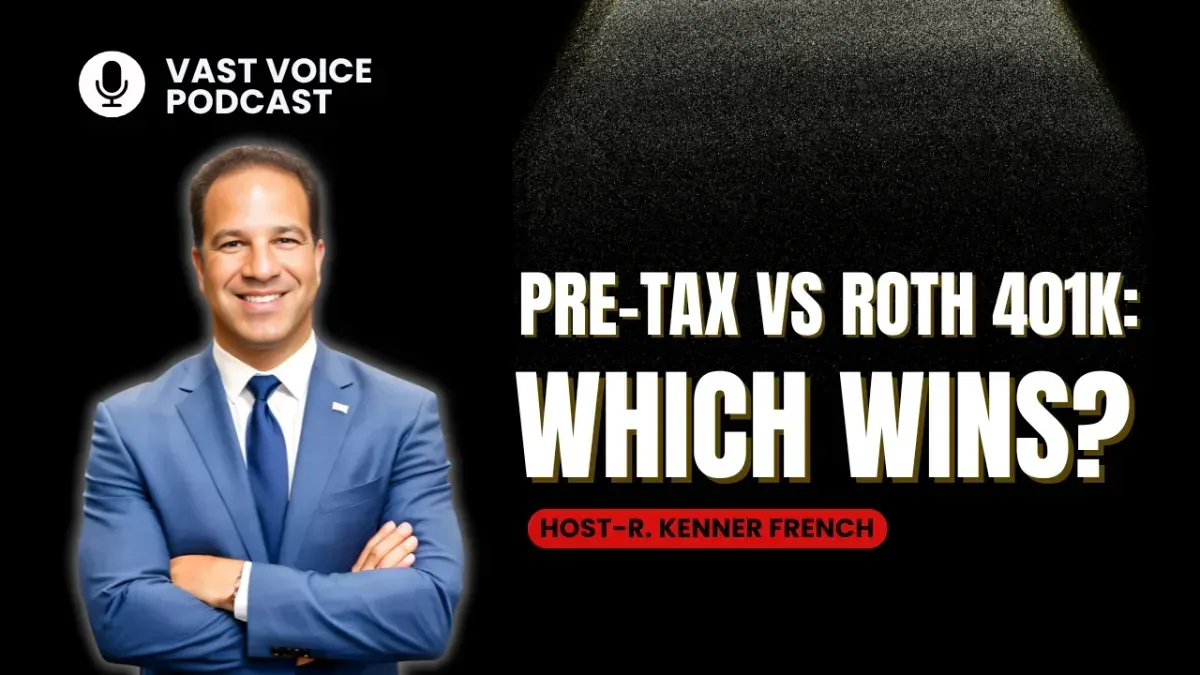
Pre-Tax vs Roth 401k: Which Wins?
Choosing between pre-tax and Roth 401(k) contributions is a pivotal decision in retirement planning, with significant implications for your financial future. Each option offers distinct tax advantages, and understanding these can help you align your retirement strategy with your long-term goals.
Understanding Pre-Tax and Roth 401(k) Contributions
Pre-Tax 401(k)
Contributions to a traditional 401(k) are made with pre-tax dollars, reducing your taxable income for the year. This immediate tax benefit can be appealing, especially for those in higher tax brackets. The invested funds grow tax-deferred, and taxes are paid upon withdrawal during retirement.
Roth 401(k)
Roth 401(k) contributions are made with after-tax dollars, meaning you pay taxes on the income before contributing. While there's no immediate tax deduction, the advantage lies in tax-free growth and withdrawals in retirement, provided certain conditions are met. This can be beneficial if you anticipate being in a higher tax bracket in the future.
Key Differences
FeaturePre-Tax 401(k)Roth 401(k)Tax TreatmentTax-deductible contributionsContributions made after-taxTaxation on WithdrawalsTaxed as ordinary incomeTax-free if conditions are metImpact on Take-Home PayHigher take-home pay due to tax deductionLower take-home pay as taxes are paid upfrontRequired Minimum Distributions (RMDs)Required starting at age 73Not required if rolled into a Roth IRA
Factors to Consider
Current vs. Future Tax Rates
If you expect your tax rate to be lower in retirement, a pre-tax 401(k) might be advantageous. Conversely, if you anticipate a higher tax rate in the future, a Roth 401(k) could provide tax-free income when you need it most.
Age and Retirement Timeline
Younger individuals with a longer time horizon until retirement may benefit from the tax-free growth of a Roth 401(k). Those closer to retirement might prefer the immediate tax break of a pre-tax 401(k)
Income Level and Contribution Limits
Both account types have the same contribution limits. For 2025, the limit is $23,500, with an additional $7,500 catch-up contribution for those aged 50 and over. Your income level and ability to contribute the maximum amount can influence which option is more beneficial.
Strategic Considerations
Some individuals choose to split contributions between pre-tax and Roth 401(k) accounts, providing tax diversification and flexibility in retirement. This strategy can hedge against uncertainties in future tax laws and personal income levels.
Conclusion
Deciding between pre-tax and Roth 401(k) contributions depends on various personal factors, including your current income, expected future tax rates, and retirement timeline. Consulting with a financial advisor can provide personalized guidance to help you make the most informed decision for your retirement planning.
For more detailed insights, you can refer to the original article on VastSolutionsGroup.com: Pre-Tax vs Roth 401k: Which Wins?.
Book Your Consultation Call Now!
